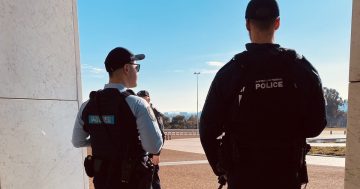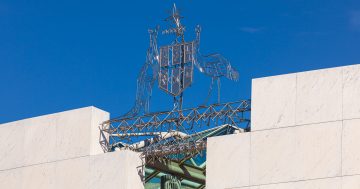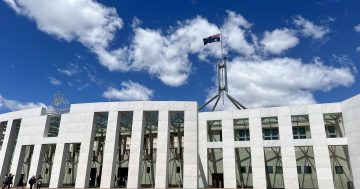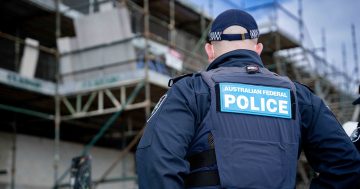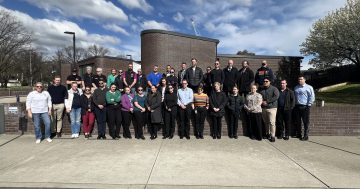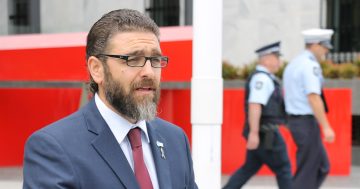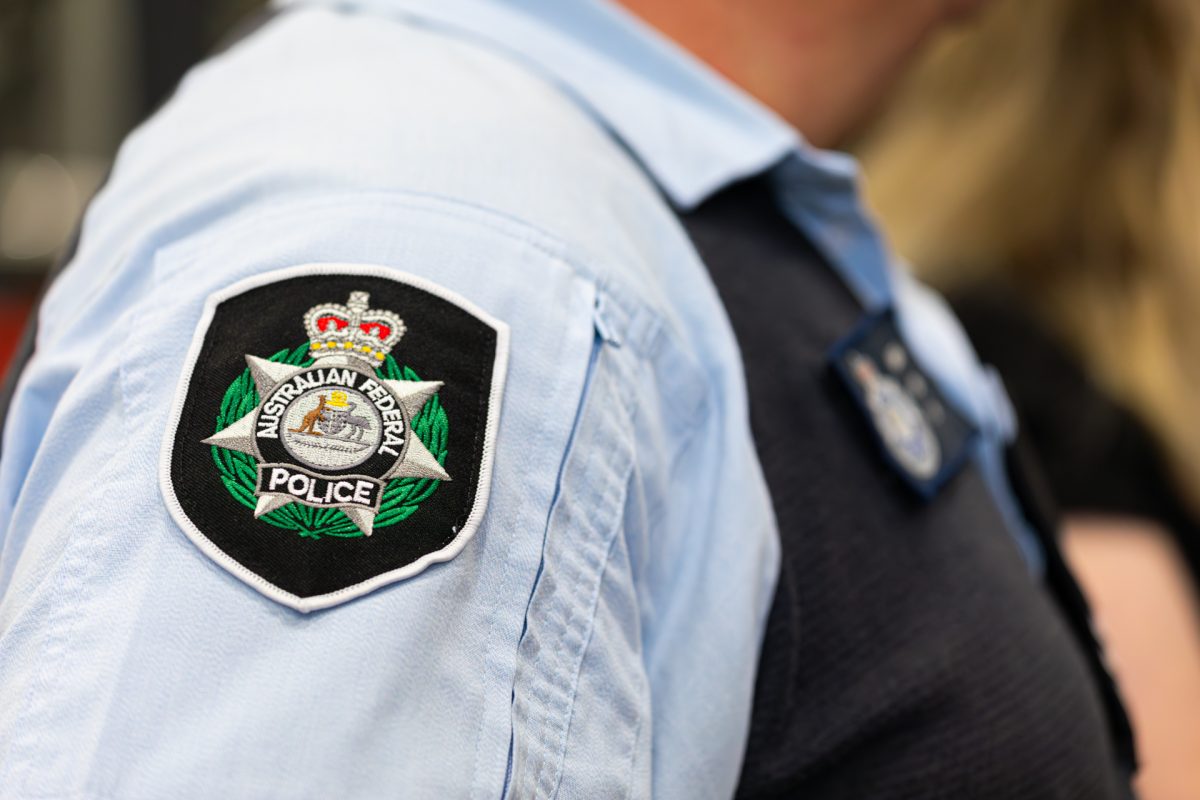
AFP bosses are right to be rattled over the prospects of the workforce suspending parliament security shifts. Photo: Michelle Kroll.
If federal police officers withdraw from providing security details at Parliament House, then parliament will have to be suspended.
It’s that simple.
The nation’s federal parliamentarians could not be adequately protected without Australian Federal Police officers patrolling the building and nearby precincts.
Neither could the general public be able to visit the people’s house with their personal safety guaranteed without that AFP presence.
So the threat of protected industrial action that involves a suspension of these patrols is definitely ringing alarm bells in the AFP hierarchy and through the corridors of power.
The Australian Federal Police Association is being very strategic in bringing parliament, political events and the airport MPs use to fly to and from the capital, into play in its bid for a fairer pay deal.
Almost everyone in Parliament House is talking about it – even the baristas – with concerns that it might be tools down for all of them and time to go home if the strike takes place.
The AFP itself is so rattled by this threat that it has issued some strongly worded statements recently directed at the union.
The latest, issued yesterday (12 August), showed just how rattled the AFP is.
It even got the date wrong in rushing out a media statement denouncing the union threat. Suddenly, Monday, 12 August, became Monday, 8 August.
“As of Monday, 8 August 2024, it is not lawful for the AFPA to take any protected action that withdraws protection from Parliamentarians, APH or Canberra Airport during the first week of the Parliament sitting period,” the AFP statement said.
“That is because this type of action requires five full business days’ notice and a valid notice has not yet been received. That means it cannot lawfully happen this week.”
The AFP is making a valid point: strike action won’t be lawful if it happens this week – but its message was lost due to the sloppiness of the date.
The statement’s letterhead said 12 August, yet the second line of the missive incorrectly determined that Monday was, in fact, the 8th.
It was subsequently corrected and reissued, but not before letting it out of the bag just how spooked AFP bosses are that their workforce might be going on strike while politicians are in town.
If the action takes place, it will be next week rather than this one.
But the AFP will fight that happening.
“If the AFP is notified of protected industrial action that could impact next week’s sitting, the AFP would strenuously oppose this application in the Fair Work Commission,” its statement said.
It goes on to warn AFPA personnel to be careful of the language they use when publicly discussing proposed industrial action.
Describing it as “baseless suggestion that resources could lawfully be withdrawn” the police bosses say loose language on the issue could have a “chilling impact” on stakeholders and the wider public.
That’s true, and it is an excellent point to be made in these times of increased political tensions and radicalisation.
The National Terror Threat, after all, was recently raised from “possible” to “probable” and police report they are responding to more threats than usual against parliamentarians.
It is AFP officers who respond to these threats. It is AFP officers who put their lives on the line in the protection of MPs and the general public.
What other public servant spends their work day wondering, “Who is this person walking towards us, and what are their intentions?”
Who else has to think about where to place their body in order to protect someone else’s?
How many other desk-bound public servants have to wade through endless images of horrific child pornography, surveil people traffickers, and stress over predators going free?
There is no way of ignoring the fact that Australian Federal Police officers are not regular public servants, so they shouldn’t be remunerated like they are.
The AFP is the lowest-paid police force in the country. That needs to change.
The Federal Government has found an extra 15 per cent for early childcare education providers. Those educators are deserving. AFP officers are deserving also of at least that.
The government needs to find it within itself to treat federal police with a little more dignity and take into account the actual work they are doing.
The AFP hierarchy is correct in emphasising that it will “not tolerate any action that threatens the functioning of Australian democracy or the safety of any member of the public” as the union escalates the fight.
Our democratic institutions must be protected at all costs.
So maybe if enough MPs realise how vital federal police are to preserving the smooth function of Australia’s democracy, they might effect some favourable changes towards them – starting with how much they’re willing to pay them.












